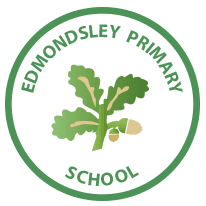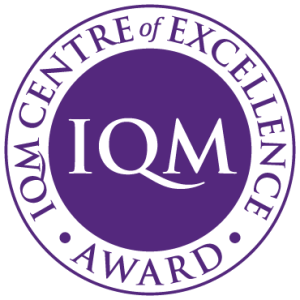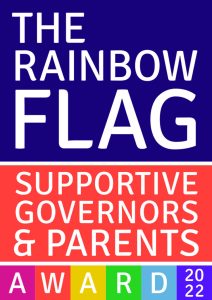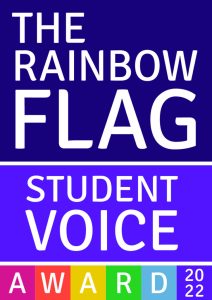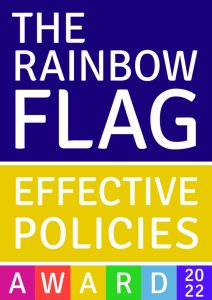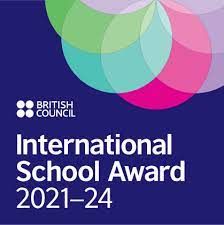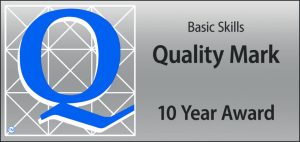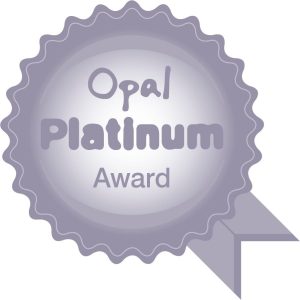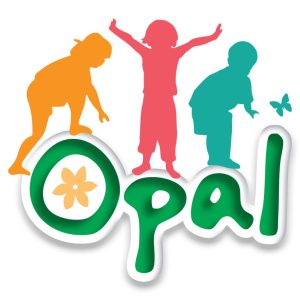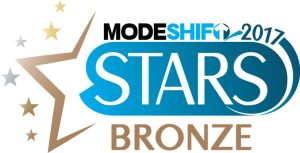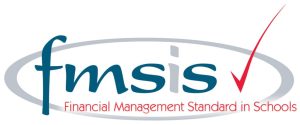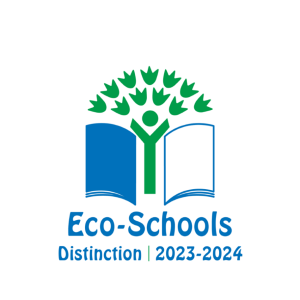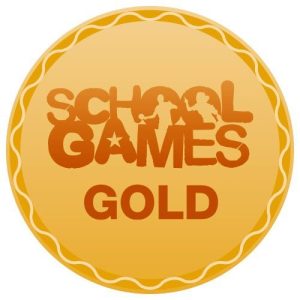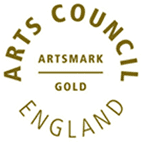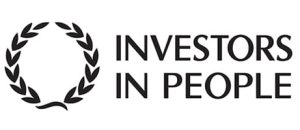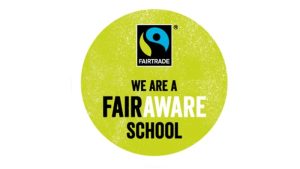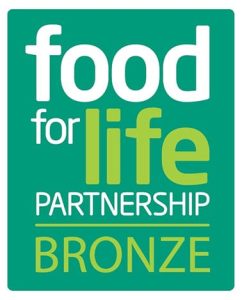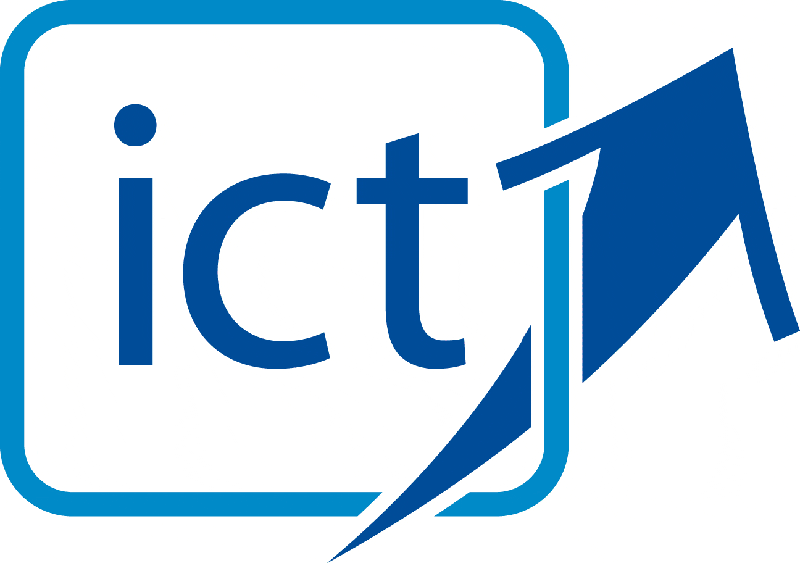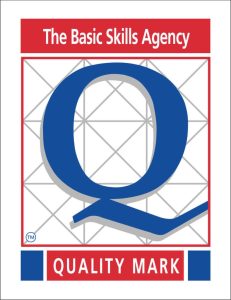Inclusive education means supporting all pupils to learn, contribute and participate in all aspects of school life alongside their peers. Our curriculum includes, not only the formal requirements of the Early Years Foundation Stage Curriculum / National Curriculum, but also a range of additional opportunities to enrich the experiences of all pupils.
The Curriculum also included the social aspects that are essential for lifelong learning, personal growth and development of independence.
Our Curriculum
Our curriculum is designed to enable our children to be respectful and successful adults in terms of being able to find employment in the future, to maintain a healthy lifestyle and to be moral citizens. We aim to provide a relevant, progressive and well-structured academic curriculum, which enables children to develop and master a broad knowledge and wide range of skills. Our curriculum drivers of wellbeing, enquiry, outdoor environment and respect underpin our school curriculum and allow us to deliver our school aims and values.
The curriculum is all the planned activities that the school organises in order to promote learning, personal growth and development. The aim of our curriculum is to encourage pupils to become competent, self-reliant learners, with the necessary knowledge and skills of the world about them. The curriculum is matched to the needs of all pupils and differentiated, according to need and ability, through quality first teaching (QFT). In order to achieve this, the school places great value on the traditional skills of Literacy and Numeracy as well as expertise in the fields of Science, ICT, Humanities, Arts and Physical Education. The school curriculum includes all the elements of National Curriculum and statutory Religious Education, but also includes environmental education, citizenship and other cross curricular themes. The curriculum underpins the developments of children spiritually, morally, socially and culturally, reinforcing the children’s cultural capital (known as SMSC).
Reception class
In the Early Years Foundation Stage, learning is delivered through structured play. There is a balance between child-initiated learning and adult-led tasks based on the Early Years Curriculum, covering the prime areas of learning.
- Personal, Social and Emotional Development
- Physical development
- Communication and Language
It also covers the specific areas.
- Literacy
- Mathematics
- Understanding of the World
- Creative Development
Areas of learning are set up in the Reception classroom along with an outdoor space. Staff rotate, interacting with the children, as well as leading specific tasks. The curriculum is developed around themes initiated by both the class teacher and following the interests of the children.
Year 1 – 6
In Key Stage 1 and 2 the curriculum is designed to cover and develop a range of skills, knowledge and understanding in all subjects. Within each term, there are opportunities for meaningful links between curriculum areas. In addition, some subject areas may be taught discretely. All areas of the National Curriculum are covered comprehensively in a broad and balanced way, giving pupils the chance to develop key skills as well as in depth subject knowledge. The National Curriculum is made up of the Core Subjects and the Foundation Subjects.
Core Subjects: English, Mathematics, Science, Sex and Relationships Education
Foundation subjects: Art and Design, Design Technology, Geography, History, Computing and Digital Literacy, Music, Physical Education, MFL – French (KS2)
Additional subject – PHSCE (Learning for Life) and Religious Education.
All pupils follow the National Curriculum at a level and a pace that is appropriate to their abilities. See SEND Policy. Our SEND philosophy places SEND children at the heart of personalised learning and our curriculum is tailored to meet individual pupils needs. At times and when it is felt appropriate, modifications to the curriculum may be implemented.
Staff are committed to providing children with the support that they require to enable them to succeed and make progress in everything that they do. However, encouraging children to be independent in both their learning and life is at the centre of our approach to teaching and learning.
